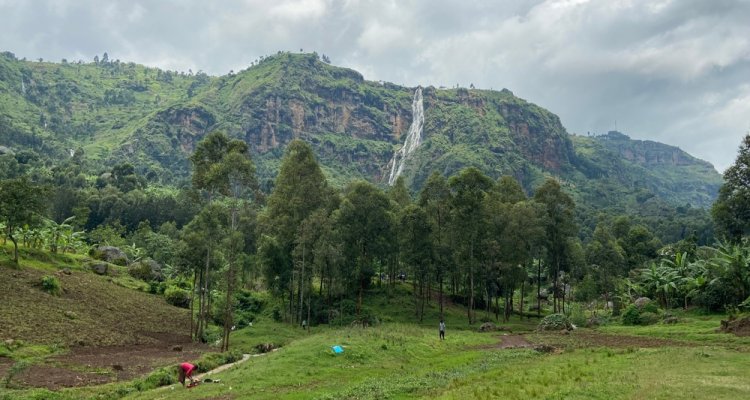
PhD defence
Hotspots and Hopespots: Analysing land cover changes, degradation, and restoration efforts in upper Manafwa watershed on Mount Elgon, Uganda
Summary
This study explores how human activities are changing the landscape of Mount Elgon, Uganda, impacting nature. The research tracks land cover changes from 1978 to 2020, predicts future trends up to 2050, final outcomes of degradation, and the ability of trenches to stop soil erosion using satellite imagery, field surveys, and computer models. We found that subsistence farming to be expanding (30% in 2020), encroaching into the National Park, reducing forest cover, and is predicted to worsen in future (45% in 2050). Soil erosion and landslides were found to be other dominant forms of degradation apart from deforestation. Farmers have started several control measures, especially mixed farming, digging trenches, and planting trees. Trenches were found to decrease loss of top soil by 34%. Overall, Mount Elgon is getting more crowded, which means the land needs to be taken care of even more to make sure it stays healthy for everyone.